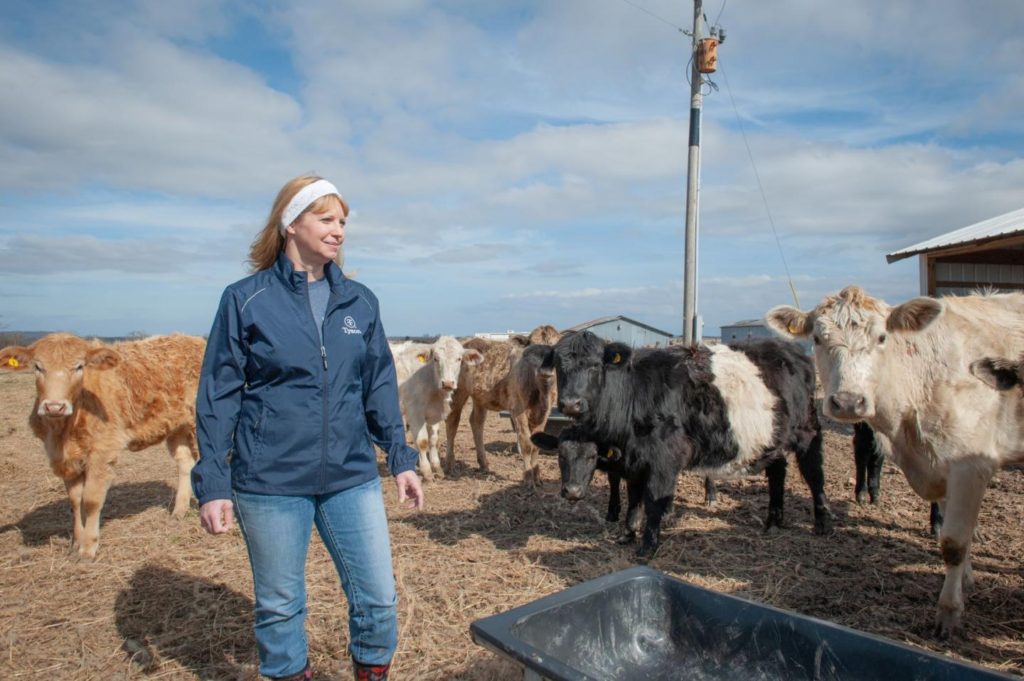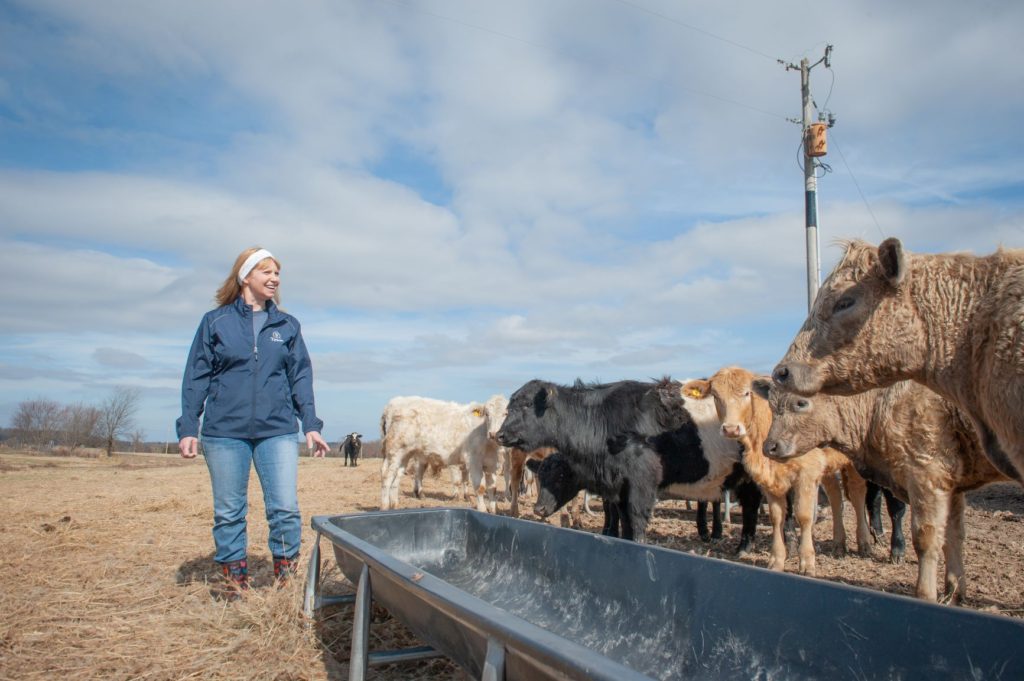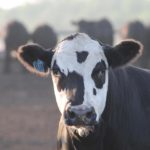I’ve recently had the great fortune to be appointed to lead the poultry business for Tyson Foods. Learning about the chicken business is both humbling and exciting since my background is in Fresh Meats, which includes beef and pork.
Each business is a different animal—no pun intended—with its own unique qualities. But in my onboarding, one common, critical factor has been reinforced for me: each relies on independent farmers.
Farmers are the backbone of agriculture. About 99 percent of America’s 2.1 million farms are operated by families—and that includes most of the more than 9,000 farmers and ranchers who supply livestock and poultry for Tyson Foods.
Because the relationship between our company and the farmer is so important, we’ve taken steps to put some guiding principles in writing:
- Our beef and pork business lives by a Livestock Supplier Creed, which reiterates how vital and respected livestock suppliers are in our operations and confirms our commitment to establishing long-term relationships with them by earning trust and loyalty through our actions.
- I’m proud to say that in 2018, our poultry business developed a CONTRACT POULTRY FARMERS’ BILL OF RIGHTS that makes public our commitment to transparency and the fair treatment of independent contract farmers. We also launched a POULTRY FARMER ADVISORY COUNCIL, made up of farmers we’ve asked to provide candid feedback.

It’s worth noting that apart from the tangible support of the farmers and ranchers we work with, we advocate for them in spaces where it truly matters—like government policy.
One of the best ways for the U.S. government to support farmers and ranchers is to help increase exports, which have become increasingly important. More than 26 PERCENT OF THE PORK, 13 PERCENT OF THE BEEF and almost 18 PERCENT OF THE POULTRY produced in the United States is exported. Last year, we exported products to 125 countries. But because of the ongoing trade war and the tariffs it has produced in some key markets, farmers and ranchers suffer.
We’ve met with members of Congress, the USDA and the office of the U.S. Trade Representatives to press for solutions. Not only do we advocate on their behalf, but we provide our suppliers with resources to take action themselves.
The bottom line is that we’re in a global business. Stable market access is vital to our company and the farmers and ranchers who supply us. We hope to see a resolution to trade barriers soon.
Tyson Foods had a humble beginning. In 1935, farmer and trucker John W. Tyson started hauling chickens from Northwest Arkansas to markets in Kansas City and St. Louis. This eventually became the largest American-owned producer of chicken, beef, pork and prepared foods.
We pay American farmers and ranchers more than $15 billion each year to buy cattle, pigs and raise chickens. And, since those animals have to eat, we’re one of the nation’s largest buyers of grain. I am extremely proud of these facts, and I know many at Tyson Foods who are, too. My great hope is that we can continue to tell the story of the American farmer, be an advocate for them and help them succeed.
Published March 29, 2019.



0 Comments
Leave A Comment